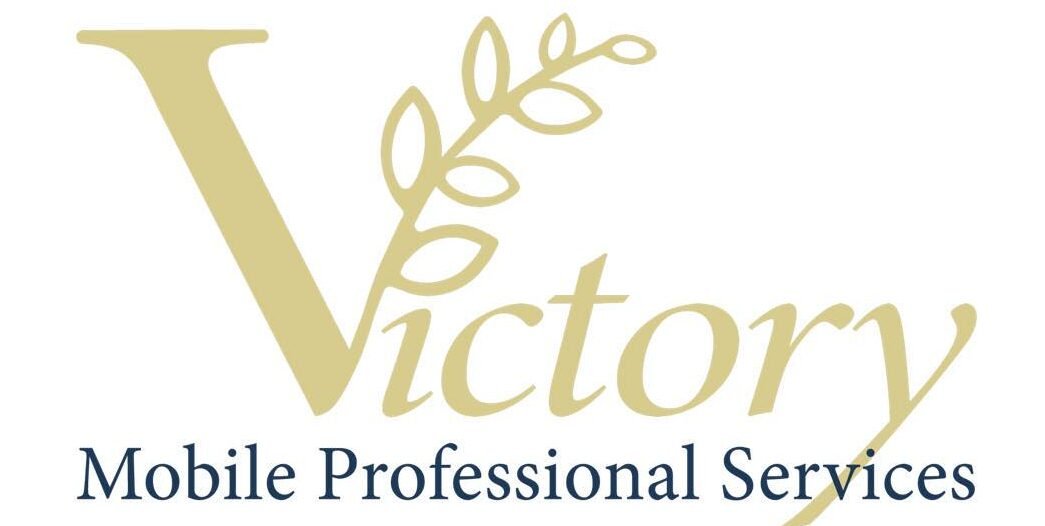In legal matters, an oath invokes a higher power, while an affirmation relies on personal honesty. When truthfulness is essential, choosing between them is important. Their administration must comply with legal standards and respect the signer's preference. Oaths and affirmations carry legal weight, affecting the validity of documents. Different states have specific rules and language requirements. Notaries play a key role in ensuring document integrity and signers' commitment to accuracy. Understanding these distinctions is crucial for maneuvering legal procedures effectively. Further insights are available on the significance of oaths in legal contexts.
Key Takeaways
- Oath is a solemn declaration invoking a higher authority for truthfulness.
- Affirmation is a commitment to truth based on personal honor, without reference to a deity.
- Both are administered in notarial acts and legally binding commitments.
- Compliance with legal requirements and signer's preference is essential.
- Notaries guide signers in choosing between oath and affirmation for document authenticity.
Key Differences Between Oath and Affirmation
Understanding the distinction between an oath and an affirmation is essential in legal and ethical contexts. An oath is a solemn declaration typically invoking a higher authority, like a deity, where the signer pledges to tell the truth.
On the other hand, an affirmation is a commitment based on personal honor, without any reference to a divine being.
Both options, whether taking an oath or affirmation, require the individual to be truthful and are chosen according to the signer's preference.
In notarial acts, administering oaths and affirmations are common practices, with the choice between the two dependent on the individual's beliefs or personal inclinations.
Administering Oaths and Affirmations
To properly administer oaths and affirmations, ensuring compliance with legal requirements is paramount.
When administering these solemn declarations, it's essential to respect the signer's choice between invoking a higher power through an oath or affirming based on personal honor.
Signers must be physically present for the administration of oaths and affirmations, and notaries should diligently request and verify acceptable proof of identification to uphold the integrity of the process.
Both oaths and affirmations are legally binding commitments to truthfulness, emphasizing the importance of accurate documentation.
It's vital to meticulously record all administered oaths and affirmations in a journal to provide a thorough and transparent account for legal purposes.
Legal Implications of Oaths
Legal implications arising from oaths and affirmations encompass the binding nature of truthfulness declarations and the potential consequences of perjury for false statements. Oaths and affirmations serve as vital elements in notarial acts, ensuring the authenticity and integrity of legal documents. When taking an oath or affirmation, signers commit to providing accurate information under penalty of perjury, holding them accountable for the veracity of their statements.
Perjury, the act of knowingly making false statements while under oath or affirmation, carries significant legal implications. False declarations can lead to criminal charges and undermine the validity of the entire notarial act. It's essential for signers to understand the gravity of their truthfulness obligations when taking an oath or affirmation.
Furthermore, incorrect administration of oaths or affirmations can invalidate notarial acts, highlighting the importance of proper procedures in legal documentation. Attorneys-in-fact mustn't take oaths on behalf of principals, as this could compromise the authenticity of the signer's identity and intentions.
Adhering to the strict guidelines surrounding oaths and affirmations is pivotal to upholding the integrity of legal processes and safeguarding against potential repercussions.
State-Specific Rules for Oaths
Notaries must strictly adhere to the state-specific regulations governing the administration of oaths, ensuring compliance with statutory requirements for accurate documentation.
When administering an oath or affirmation, it's essential to be aware of the following state-specific rules:
- Required by Law: Some states mandate the administration of oaths for certain documents, emphasizing the significance of understanding and following these legal requirements.
- Authorized by Law: Notaries should be aware that their authority to administer oaths is granted by specific laws in each state, highlighting the need for compliance with such statutes.
- Statutory Wording: States may have prescribed language that must be used when completing a Jurat, underscoring the necessity for notaries to familiarize themselves with the exact wording mandated by their state's regulations.
Notary's Role in Notarization
What essential responsibilities do notaries undertake in the process of notarization?
Notaries play a vital role in guaranteeing the validity and integrity of documents by administering oaths and affirmations.
When a signer appears before a notary public to have a document notarized, the notary guides them through the process of choosing between swearing an oath or making an affirmation regarding the truthfulness of the contents.
The signer solemnly swears or affirms, under penalty of perjury, that the information in the document is accurate and authentic.
By verifying the signer's identity and overseeing the oath or affirmation, the notary ensures that the document's contents are legally binding.
Proper administration of oaths and affirmations by notaries is indispensable to uphold the authenticity and legality of notarized documents, maintaining the integrity of the notarization process.
Importance of Understanding Oaths
Understanding oaths is vital for guaranteeing the accuracy and integrity of legal proceedings and statements. It's essential to comprehend the significance of oaths and affirmations to uphold truth and accountability in legal matters.
Here are three key points to help you grasp the importance of understanding oaths:
- Oaths and affirmations uphold truth: Whether taking an oath or making an affirmation, the person taking the oath commits to telling the truth. This commitment is necessary for maintaining the credibility of legal processes.
- Affirmation is a solemn pledge: While oaths involve appealing to a higher power, affirmations are grounded in personal integrity. Knowing this difference can guide individuals in choosing the most appropriate option.
- Notaries explain the difference: Notaries play a vital role in clarifying the disparity between oaths and affirmations to signers. This guidance guarantees that individuals understand the gravity of their statements and the legal implications of their actions.
Understanding these concepts can help individuals approach legal proceedings with clarity and confidence.
Resources for Notarial Assistance
Accessing various resources is necessary for obtaining notarial assistance efficiently and effectively. When providing notarial services, it is vital to be well-equipped with the right tools and guidance. The National Notary Association (NNA) offers valuable resources such as the NNA Hotline, which provides immediate assistance and guidance on notarial matters. Additionally, the Notary Bulletin and NNA training programs offer tips and education to enhance your skills as a Notary.
To make sure proper procedures are followed, it is important to let the signer choose the type of notarization they require, such as a jurat notarization where the signer must take an oath. As part of the notarial process, always ask the signer which type of notarization they need to guarantee compliance with legal requirements.
Below is a table highlighting some key resources available for notarial assistance:
| Resource | Description | Website |
|---|---|---|
| NNA Hotline | Immediate assistance on notarial matters | www.nationalnotary.org |
| Notary Bulletin | Offers tips and guidance for Notaries | www.nationalnotary.org |
| NNA Training Programs | Educational programs to enhance Notary skills | www.nationalnotary.org |
Frequently Asked Questions
What Does It Mean to Affirm Under Oath?
Affirming under oath means you make a binding promise based on personal honor, not invoking a higher power. It signifies your moral integrity and ethical responsibility to provide a truthful statement in legal proceedings.
What Are the Words to the Oath Affirmation?
When you make an oath affirmation, you're providing a sworn statement in court proceedings. Your words carry legal implications, serving as a truth declaration and honesty pledge. They're important for witness testimony, reflecting personal integrity.
What Is an Example of Under Oath or Affirmation?
In court proceedings, choosing between under oath or affirmation holds legal implications. Your truthful testimony in a sworn statement impacts witness credibility, meeting the honesty requirement and your legal responsibility for accurate statements.
Who Gives the Oath of Affirmation?
Legal professionals, public officials, and religious leaders administer oaths of affirmation. Witnesses in court proceedings, testifying witnesses, and government employees are typically required to give oaths or affirmations before providing testimony, depending on their personal beliefs or preferences.
Conclusion
To sum up, grasping the key variances between oaths and affirmations is vital in the notarial process. By understanding how to conduct oaths and affirmations accurately, notaries can guarantee the legality and validity of crucial documents.
State-specific regulations for oaths must be adhered to diligently to prevent any legal complications. The notary's function in notarization is fundamental for maintaining the integrity of the document.
Keep in mind, the significance of understanding oaths can't be exaggerated in the domain of notarial responsibilities.






